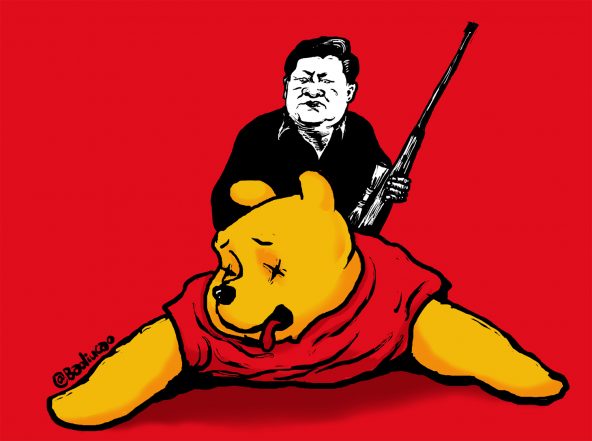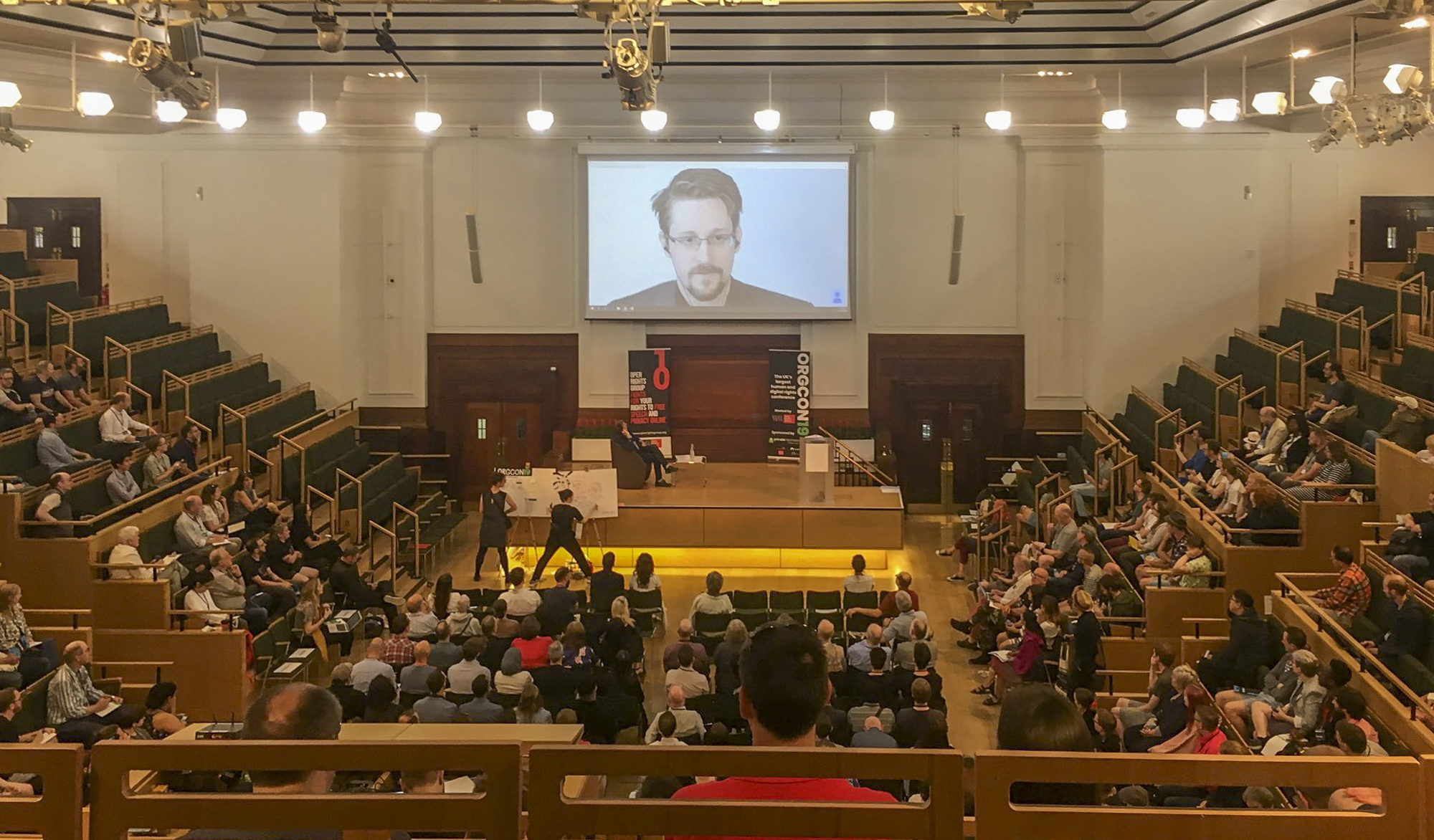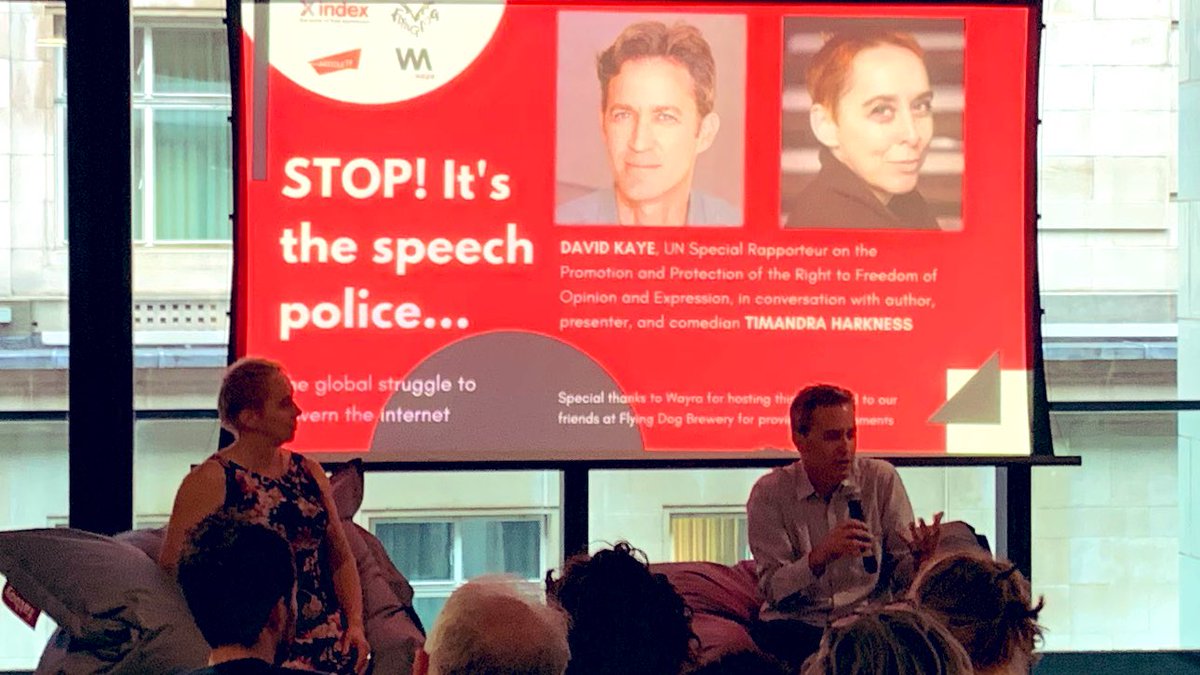Once labelled the “enemy of the internet” — Tunisia has made tremendous strides in the past two years towards opening up the internet. Still, the country continues to face challenges in its road to expanding freedom online. Afef Abrougui reports
Tunisia is scheduled to host the third annual Freedom Online Coalition conference next week (17-18 June). The country became part of the coalition in September 2012, joining 17 other countries pledged to advance internet freedom.
A great leap forward
In a press conference last September, Tunisia’s ICT minister Mongi Marzoug announced the end of online filtering — killing “Ammar 404” (the nickname given to the country’s filtering system by its netizens).
Just this month, CEO of the Tunisian Internet Agency (ATI) Moez Chakchouk announced that ATI won an appeal against filtering of adult content. The case dates back to May 2011, when a primary court ordered the agency to filter X-rated websites on the ground that they represent a “threat to minors and the values of Islam.” After losing the appeal in August 2011, the Cassation Court quashed the filtering verdict and referred the case back to the Court of Appeal in February 2012.
“This is not about pornography; it’s a matter of principle. In post-revolutionary Tunisia, we are determined to break with the former regime’s censorship practices”, Chakchouk wrote for Index on Censorship magazine in December 2012.
Under the autocratic rule of now ousted President Zeine el Abidin Ben Ali, the ATI enforced government requests for content filtering — even though the country has never had a law requiring the agency to do so. The ATI’s recent win will only help reinforce its role as a neutral internet exchange point.
Threatened Freedom
Despite ending its filtering practises, internet freedom remains threatened by legislation inherited from the era of Tunisia’s dictatorship. For instance, laws that make ISPs liable for third-party content, obliging them to monitor and take down material deemed to violate public order and “good morals” remain on the books. While this particular law has not been enforced post-Ben Ali, other relics from Tunisia’s dictator days have been used to prosecute bloggers.
On 29 May, Hakim Ghanmi, author of the blog Warakat Tounsia, stood trial before a military court for a post he made on 10 April, critical of the administration of a military hospital in Gabes, a city in the south of Tunisia. Ghanmi alleged that his sister-in-law was denied medical treatment by the hospital director, despite having an appointment. The blogger has been accused of “undermining the reputation of the army” (article 91 of the Code of Military Justice), “disturbing others through public communication networks” (article 86 of the Telecommunications Code), and “defamation of a public official” (article 128 of the Penal Code) following a complaint lodged by the hospital director. He currently faces up to three years in prison, and his trial is set to resume on 3 July.
Last year, a court convicted Jabeur Mejri and Ghazi Beji to seven and a half years in prison over publishing content deemed to be offensive to Islam online, under article 86 of the Telecommunication Code, and article 121(3) of the Penal Code which bans the publication of content “liable to cause harm to the public order.” On 12 June, Courrier de l’Atlas reported that Beji, who was sentenced in absentia, has now obtained political asylum in France. Mejri, however, remains in prison after losing appeal at the Cassation Court on 26 April.
If Tunisia is serious about serving as a model of internet freedom in the region and guaranteeing freedom of expression, legal reforms are urgently needed. Adopting a constitution that enshrines free speech — in accordance with the country’s obligations under Article 19 of the International Covenant on Civil and Political Rights (ICCPR) — is equally fundamental.




